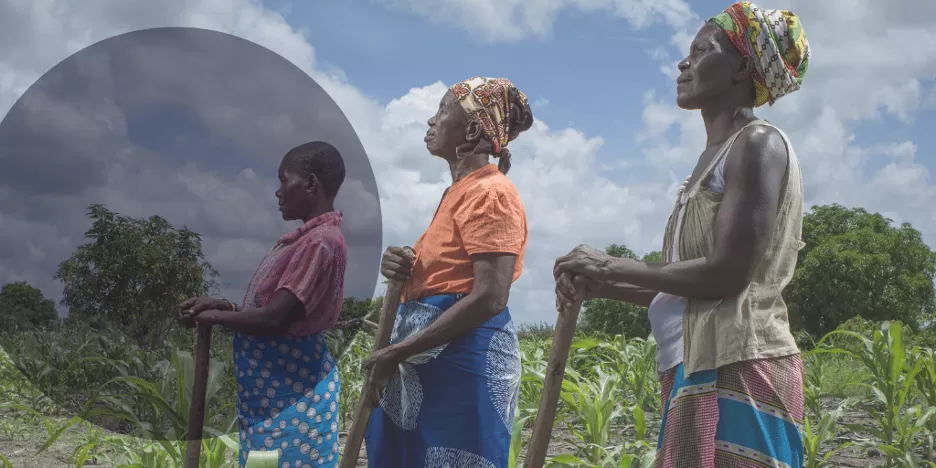Climate change is a pressing issue that affects us all. The increasing frequency of natural disasters, rising sea levels, and extreme weather conditions are just some of the consequences of global warming. In order to combat this crisis, it is crucial to take action and invest in climate-friendly initiatives. However, a recent study by Oxfam and CARE Climate Justice Centre has revealed that a significant portion of climate finance is being provided as loans, with standard interest rates and no concessions. This raises concerns about the effectiveness of these loans in addressing climate change and its impact on vulnerable communities.
According to the research, nearly two-thirds of climate finance, which amounts to billions of dollars, is being provided as loans rather than grants. This means that developing countries, which are already struggling with the effects of climate change, are burdened with additional debt. These loans are often given at standard interest rates, making it difficult for these countries to repay them. This not only hinders their ability to invest in climate-friendly projects but also puts them at risk of falling into a debt trap.
The lack of concessional loans is another issue highlighted by the study. Concessional loans are loans that are provided at lower interest rates and with longer repayment periods. They are crucial for developing countries as they help reduce the financial burden and allow them to invest in long-term sustainable solutions. However, the research found that only a small portion of climate finance is being provided as concessional loans, with most of it being given as commercial loans. This means that developing countries are not receiving the support they need to effectively address climate change.
The consequences of this trend are far-reaching. It not only hinders the efforts to mitigate the effects of climate change but also exacerbates the existing inequalities between developed and developing countries. The burden of repaying these loans falls on the most vulnerable communities, who are already struggling to adapt to the changing climate. This creates a vicious cycle where these communities are forced to take on more debt to cope with the impact of climate change, further pushing them into poverty.
Moreover, the study also revealed that a significant portion of these loans are being given to large-scale projects, such as dams and highways, rather than being directed towards climate-friendly initiatives. This raises questions about the priorities of these loans and whether they are truly aimed at addressing climate change or simply promoting economic growth. While economic development is important, it should not come at the cost of exacerbating the climate crisis.
It is evident that the current approach to providing climate finance needs to be re-evaluated. The focus should be on providing grants and concessional loans to developing countries, particularly to the most vulnerable communities. This would not only help them invest in sustainable solutions but also reduce their financial burden. Additionally, there needs to be more transparency and accountability in the distribution of climate finance. It is crucial to ensure that the funds are being used for their intended purpose and are benefiting those who need it the most.
Furthermore, developed countries, who are the biggest contributors to climate finance, need to step up their efforts. They have a responsibility to support developing countries in their fight against climate change, especially since they are the ones who have contributed the most to the crisis. This can be done through increasing the amount of grants and concessional loans, as well as providing technical and financial support for climate-friendly projects.
In conclusion, the findings of the research by Oxfam and CARE Climate Justice Centre highlight the need for a more effective and equitable approach to providing climate finance. Loans with standard interest rates and no concessions are not the solution to addressing the climate crisis. It is time for developed countries to take responsibility and provide the necessary support to developing countries, who are the most affected by the consequences of climate change. Only by working together and investing in sustainable solutions can we combat this crisis and create a better future for all.



